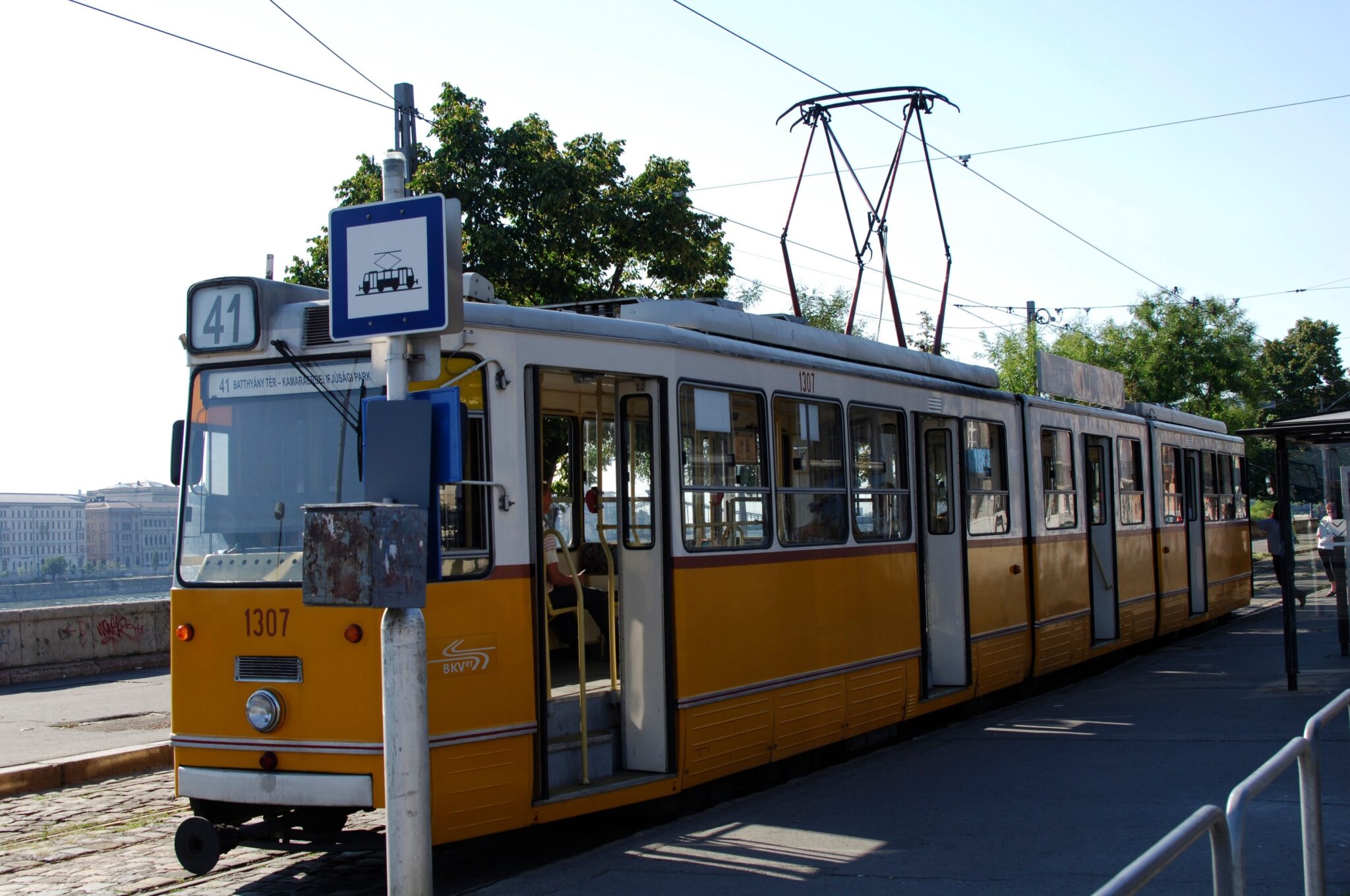Letölthető tartalmak
TALKING ABOUT PUBLIC TRANSPORT
If you want to get to a place from another in a big city, you have to use a vehicle. If you don’t have a car, motorcycle or bicycle you have to use the means of public transport. To travel by bus, by underground or subway, by tram or by any other mean of public transport you have to buy a ticket, a pass a travelcard or a token.
Public transport started a long time ago around 1826 in Nantes, France. The first forms of public transport were ferries and animals, such as horses. Horses also pulled carts carrying people. Nowadays, the main types of public transport are buses, trolleybuses, trams and trains. Long time ago, in the late 1860s, horses pulled the trams, too.
Public transport is good for the environment, too. When people use public transport there are fewer cars on the road. With fewer cars there is less pollution.
to step up – fellépni, felszállni (járműre)
fare – viteldíj
to deposit – letétbe helyezni, letenni (pénzt)
slot – nyílás
note – bankjegy
change – aprópénz
luggage rack – csomagtartó (állvány)
to keep an eye on – szemmel tartani valamit
thief/thieves – tolvaj
to get on – felszállni (járműre)
to get off – leszállni (járműről)
to call out for – kihívni/ szólítani valakit
stop – megálló
vehicle – jármű
mean of transport – közlekedési eszköz
pass – bérlet
token – zseton, tantusz
ferry – komp
to pull a cart – szekeret/kocsit húzni
environment – környezet
pollution – (lég)szennyezés
IN A BIG CITY YOU CAN TRAVEL BY:
 |  |  | .png) |
bus |
underground (Br.)/ subway (US) |
tram |
trolleybus |
busz |
metró |
villamos |
troli |
 |  |  |  |
suburban train |
taxi (Br.)/ cab (US) |
car |
motorbike/ scooter |
HÉV |
taxi |
autó |
motor/robogó |



